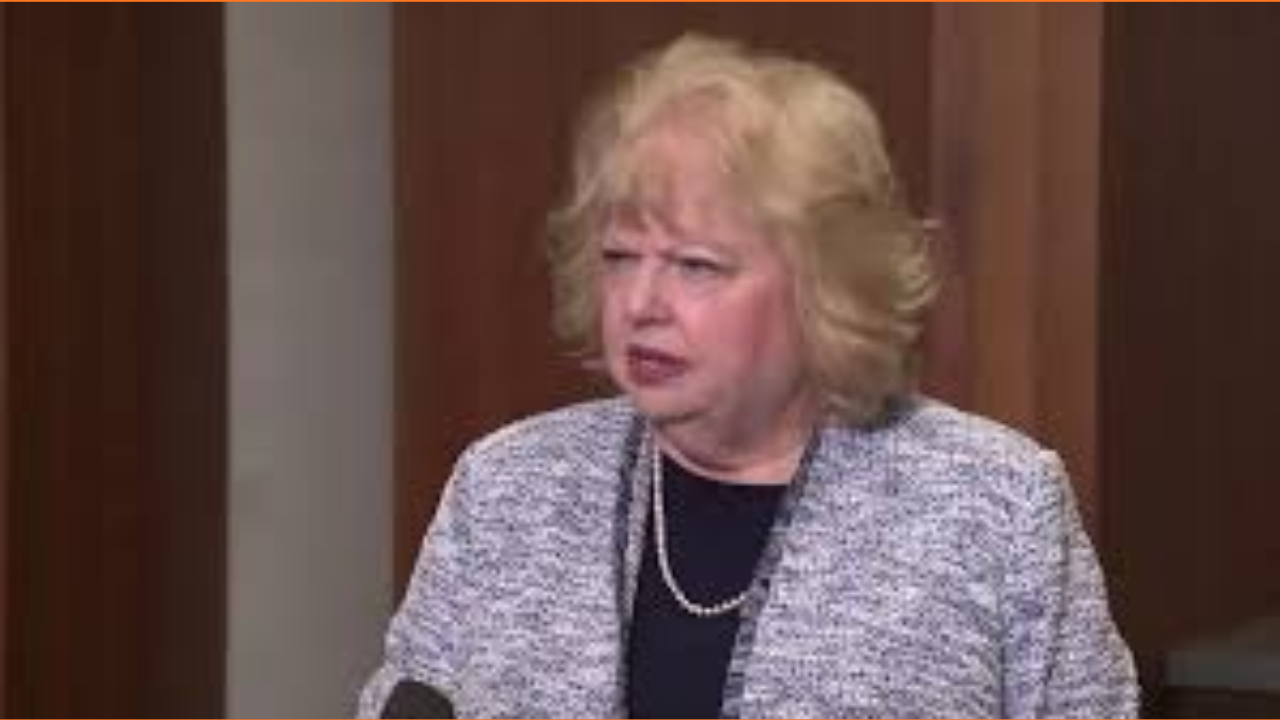India’s salaried middle class is feeling the squeeze, carrying a disproportionate share of the nation’s direct tax burden. Startling figures reveal that just 3% of these taxpayers now contribute more in taxes than all of corporate India combined. This significant disparity, highlighted by Chartered Accountant Kapil Gupta, is sparking widespread discontent and urgent calls for reform.
Thank you for reading this post, don't forget to subscribe!Gupta’s analysis points to a stark contrast: “A person earning Rs 9 crore in salary ends up paying over 4 crore in income tax. But a businessman with Rs 20 crore turnover can show a profit of just 1 crore and pay only Rs 30 lakh in taxes.” This illustrates the rigid tax regime faced by salaried individuals, particularly those in the Rs 5 lakh to Rs 25 lakh income bracket, who form the backbone of direct tax collections but have limited avenues for tax relief.
The issue extends beyond just salaried individuals. Gupta also notes that agricultural income of Rs 20 crore pays nothing in tax, and a political party collecting Rs 7,000 crore also ends up paying zero tax. These legal exemptions create a system where a limited group shoulders an enormous tax burden, leaving compliant taxpayers frustrated.
“The middle class dreams of fairness. But the reality keeps reminding them that the system does not reward effort the way it should,” Gupta states, emphasizing the sentiment of those who feel overlooked by a system that allows influential groups to escape the tax net.
This imbalance has serious implications, including a potential “talent drain.” As Gupta explains, “We wonder why India’s brightest minds are moving out. The one who studies hard, clears tough exams, and builds a career ends up contributing the most, while others with far larger incomes or influence escape the tax net altogether.” This trend poses a significant challenge to retaining top talent and could have long-term impacts on economic growth.
Gupta stresses the urgent need for reform: “At this point, this gap needs to be addressed. If we want to retain our best minds and ensure long-term stability, the tax system must reflect equity—not just compliance.” He describes the current situation as “like one salaried taxpayer is carrying the weight of 100 others. The system keeps expecting more from the few who are compliant while letting entire categories go untaxed.”
Reforming India’s tax system to ensure fairness and equity is crucial for national development and retaining talent. Without these changes, the country risks widening the disparity between different income groups and losing valuable human resources to more favorable tax jurisdictions.

















